
Clostridium difficile is a well known bacterium responsible for the most severe infections resistant to standard antibiotics. Fortunately, infections caused by this bacterium are not that common.
People should know that the same bacteria that are responsible for the occurrence of tetanus and botulism are connected with Clostridium difficile. It is also important to mention that there are two forms of this bacterium, an active one and a nonactive one. The active one is unable to survive for a long period of time while the nonactive one is able to survive for certain period of time. Nonactive form of the bacterium is known as a spore.
What is Clostridium Difficile?
Clostridium difficile infection is an infection of the colon caused by the bacterium of the same name. Every person can be affected but the infection is mostly reported in individuals who use antibiotics excessively. Antibiotics may sometimes clear all the bacteria from the intestinal tract and that makes it the perfect breeding ground for Clostridium difficile.
Hospitals and nursing homes are the places where people are most likely to get infected by Clostridium difficile. An interesting thing is that out of all the patients who stay in a hospital for at least two days, 10% of them will get infected by Clostridium difficile. People can get infected outside the hospital as well but the chances are much smaller.
When in hospitals, people should pay attention when using things on which the bacteria may be found. Such things are bedpans, furniture, toilet seats, linens, telephones, stethoscopes, rings, floors, diaper pails and other items.
Treatment
There are a lot of cases of asymptomatic Clostridium difficile infection and this is considered to be a common health issue. However, the treatment for this medical condition seems to be controversial which is why there are still debates going on regarding the subject. The main things the experts have problems with are to get along with a clinical surveillance and the way it interferes with public health policy.
Even though mild cases of Clostridium difficile do not need any special treatment as they will clear on their own, people should treat the problem as soon as it occurs. The main reason why that is so is because that way the possible complications will be avoided. Some of the most common complications are frank sepsis and bowel perforation.
Clinical presentation is very important for the treatment of clostridium difficile and based on that the doctors will start the treatment. Thanks to this the physician will reduce the risk of complications. A lot of physicians prefer to use oral rehydration therapy due to the fact that it is good for retaining the fluids during the period a person will be suffering from diarrhea.
Prescribing medications is another common way of fighting the bacteria. There are three medications which are usually the ones doctors opt for while treating Clostridium difficile infection. The first one is metronidazole. This antibiotic is rather cheap and considered quite efficient against this type of bacterium.
Oral vancomycin is also commonly used but there is a reason why some doctors avoid it. There is a chance that the intestinal flora will be converted into vancomycin-resistant organisms. However, people should not be worried as this medication is used in situations when the patient is allergic to metronidazole, his or her body is resistant to it or there is no response to oral metronidazole at all.
According to a recent study, vancomycin was discovered to be better option than metronidazole in treatment of more severe disease.
The third medication which doctor often prescribe is fidaxomicin. It is of the same efficacy as vancomycin.
Apart from the mentioned medications, there are other possible treatment options for Clostridium difficile. One such option is colectomy. Colectomy is mainly used before vasopressors because then it has a chance of making the outcome better.
Stool transplant is another treatment option and it has shown that it can cure the disease. People should know that in the year of 2010 a guide was released for home fecal transplant.
Prognosis
Even though there are treatments which claim that the disease can be cured, people should know that there is a chance of the bacterium recurring in the gastrointestinal tract and a person suffering from the disease once again. According to the experts the chances of recurring Clostridium difficile after the first treatment with the use of medications is 20%. The percentage is even higher and will go up to 60% with subsequent occurrences. The recurrence basically takes place 3 to 10 days after the patient stopped using medications.
Relevant Data
According to the available data, there are over 3 million infections of Clostridium difficile infections reported every year in the United States alone. All of these infections happen in hospitals and nursing homes. On the other hand, 20,000 cases of Clostridium difficile are reported in the community every year.


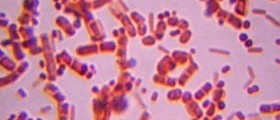

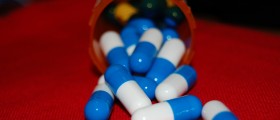

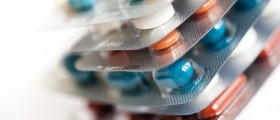


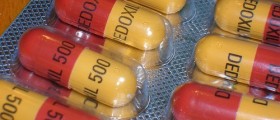
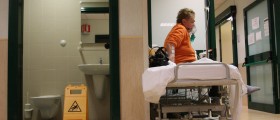
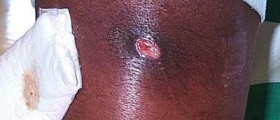


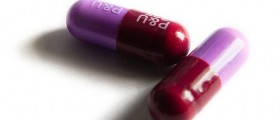
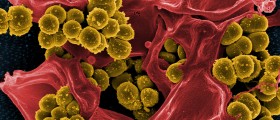

Your thoughts on this
Loading...